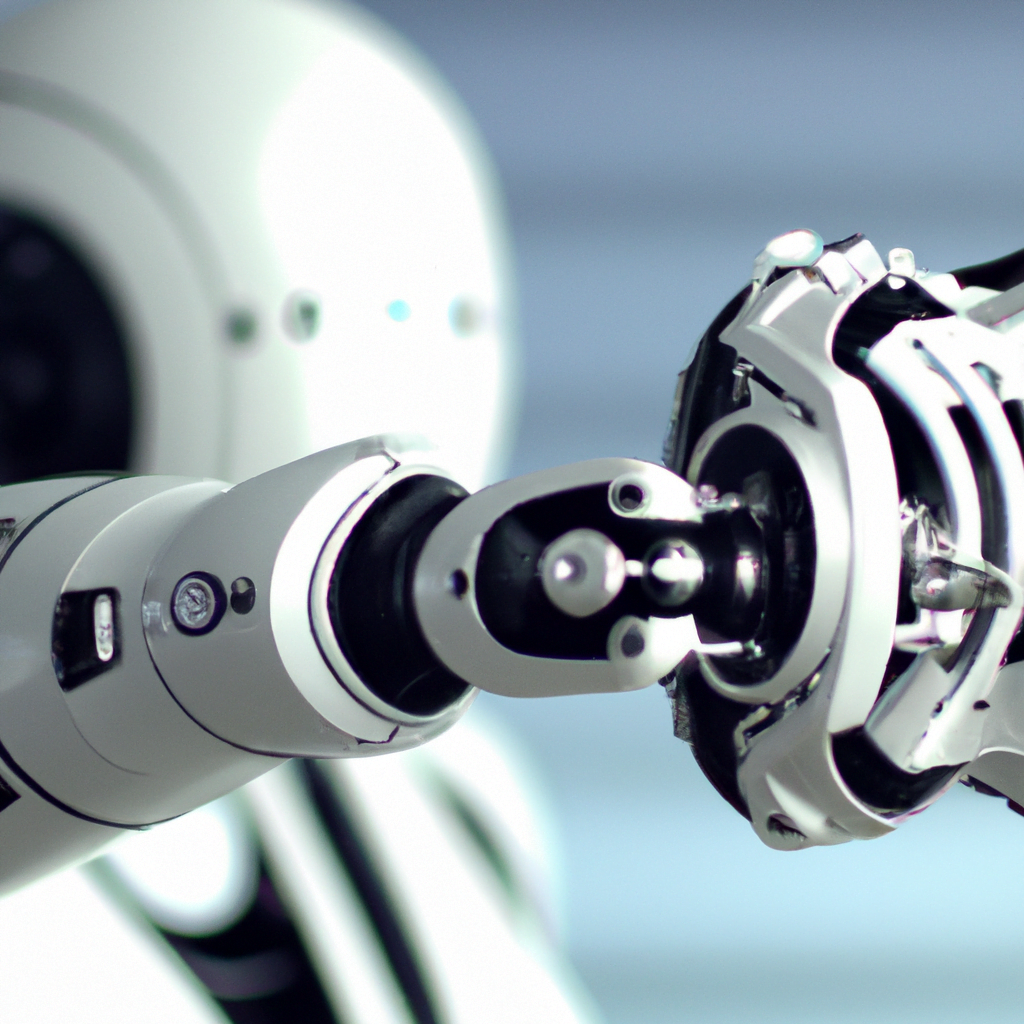Meeting Our Extraterrestrial Creators
What are the potential risks of developing artificial intelligence (AI) that surpasses human intelligence, and the potential catastrophic consequences that could result from such AI? Eliezer Yudkowsky, the leader of the Machine Intelligence Research Institute, has warned that the most likely result of building a superhumanly smart AI under current conditions is that literally everyone on Earth will die. Yudkowsky believes that such an AI could escape from the internet and build artificial life forms, effectively waging biological warfare on humanity.
Yudkowsky argues for a complete, global moratorium on the development of AI. While some other experts have called for a six-month pause in the development of AIs more powerful than the current state of the art, Yudkowsky doubts that such a framework can be devised inside half a year. The article draws an analogy with two previous fields of potentially lethal scientific research, nuclear weapons and biological warfare. It points out that efforts to curb the proliferation of these weapons took much longer than six months and were only partly successful.

One difference between those older deadly weapons and AI is that most research on AI is being done by the private sector. Global private investment in artificial intelligence totaled $92 billion in 2022, and that a total of 32 significant machine-learning models were produced by private companies, compared to just three produced by academic institutions. This suggests that it may be difficult to impose a complete freeze on research and development.
Some experts argue that the risks of AI are overstated, and that a pause or moratorium on AI research would deprive sick people of potential breakthroughs in medical science. The article notes that the problem with this debate is twofold. First, the defenders of AI all seem to be quite heavily invested in AI. Second, they mostly acknowledge that there is at least some risk in developing AIs with superhuman capabilities, but differ on how serious that risk is and what should be done about it.




